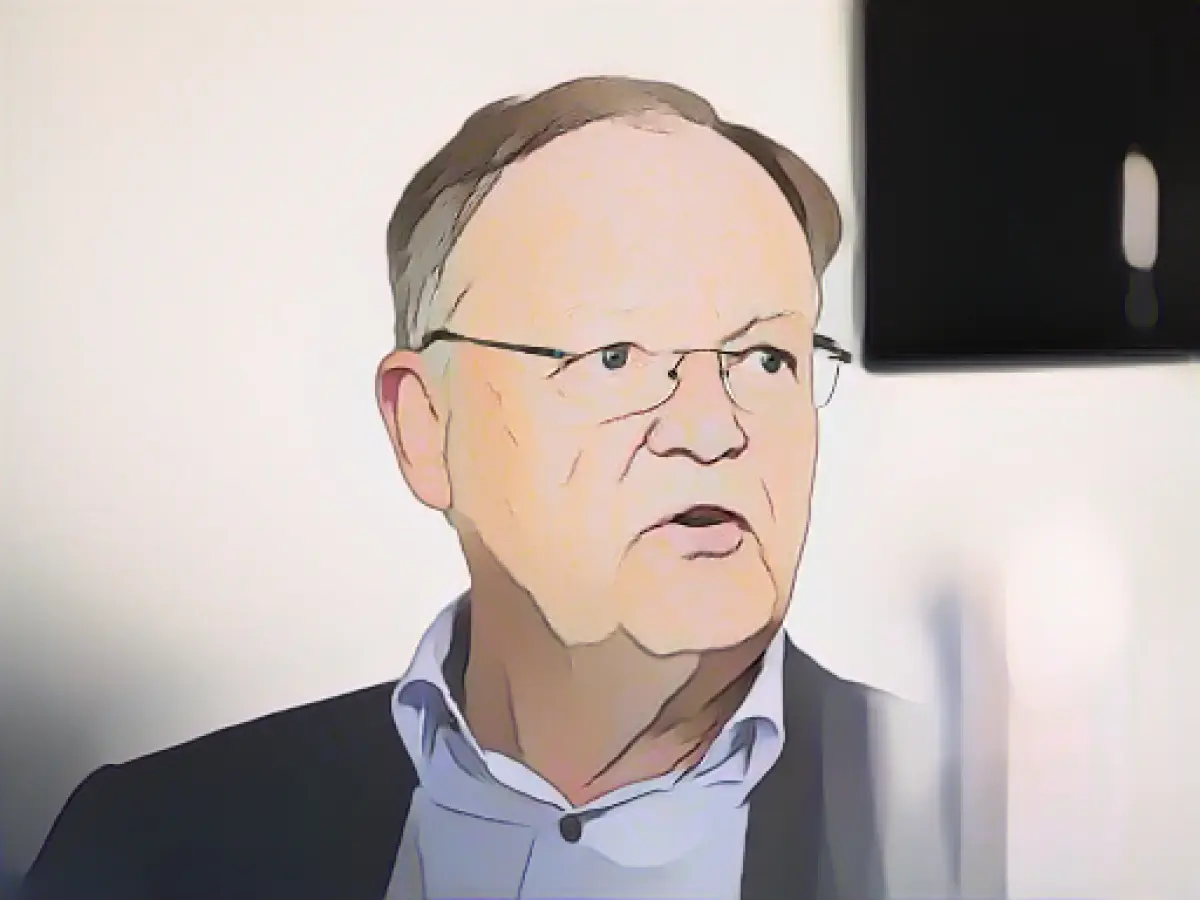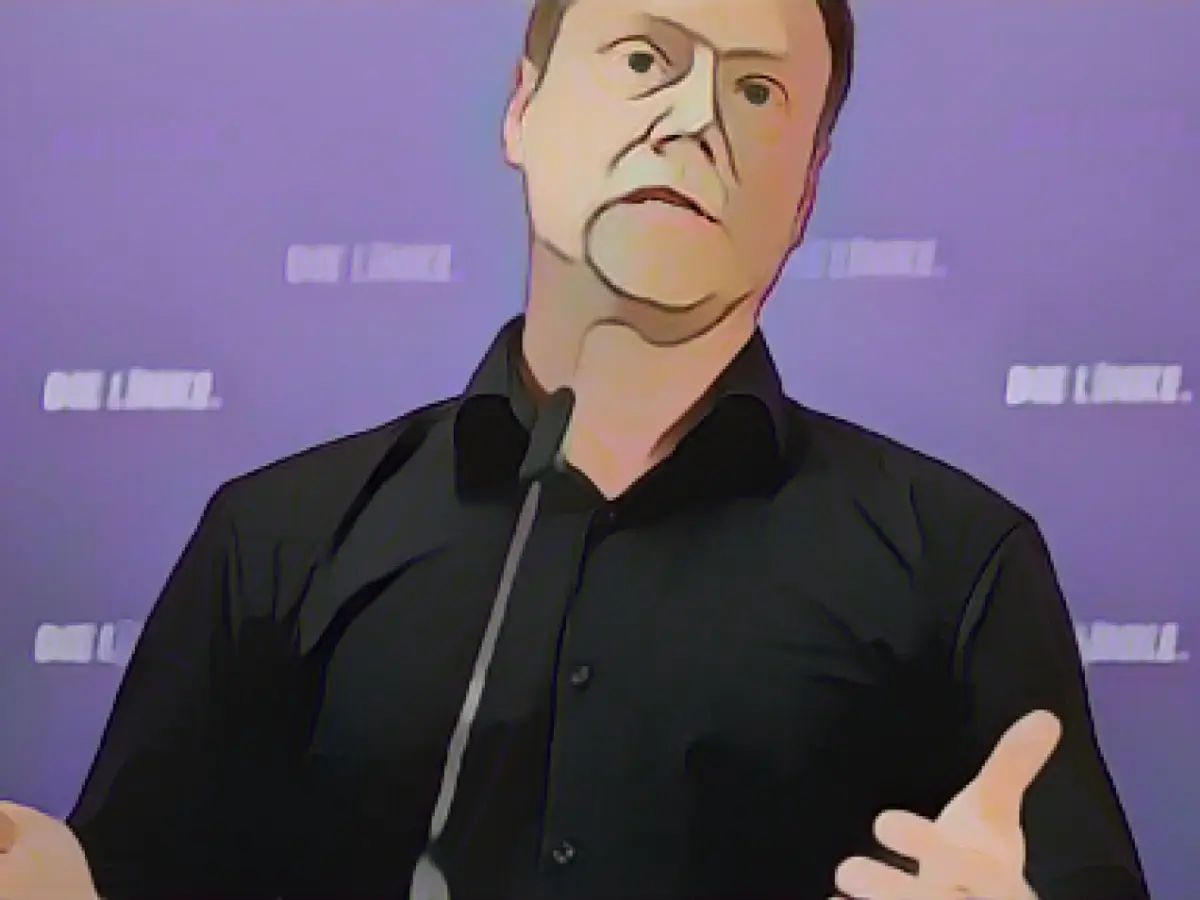Stephan Weil, the Minister President of Lower Saxony, is open to the idea of making the wealthy pay more in taxes, stating that it's fair to ask those with substantial incomes to contribute more.olications include a temporary "crisis tax" for top earners, heavier taxes on inheritances and gifts, and reducing income tax for the majority of households. Weil also hinted at the possibility of suspending the debt brake not only for 2023, but also for 2024, if there's a justified reason for it.
The SPD, with Weil at the helm, is pushing for a tax system overhaul, recognizing the need to restructure the economy. The proposal includes a temporary crisis tax for all wealth tax payers, but the SPD hasn't specified the amount. Additionally, inheritances and gifts will be subject to higher tax rates, with the aim of increasing contributions from millionaires and billionaires. To balance this out, income tax is proposed to be reduced for 95% of the population.
In an interview with the Neue Osnabrücker Zeitung, Weil expressed his belief that political majorities for a "fairer tax system" are currently hard to discern. However, he stressed the importance of reforming the debt brake, suggesting that it needs to be more flexible when it comes to investments.
Despite the Federal Constitutional Court's budget ruling, Weil's comments about possibly suspending the debt brake indicate a willingness to adapt to challenging economic circumstances. The proposed reform of the debt brake would make it more suitable for investment scenarios, addressing a current inadequacy.
In terms of recent political discussions, the AfD has proposed a commission of inquiry into municipal financing in Saxony, aiming to address financial gaps and potentially reform tax distributions. This could potentially align with Weil's proposed changes, focusing on making the tax system fairer for all.
Sources: DPA.com, AfD proposal for a commission of inquiry into municipal financing in Saxony.







